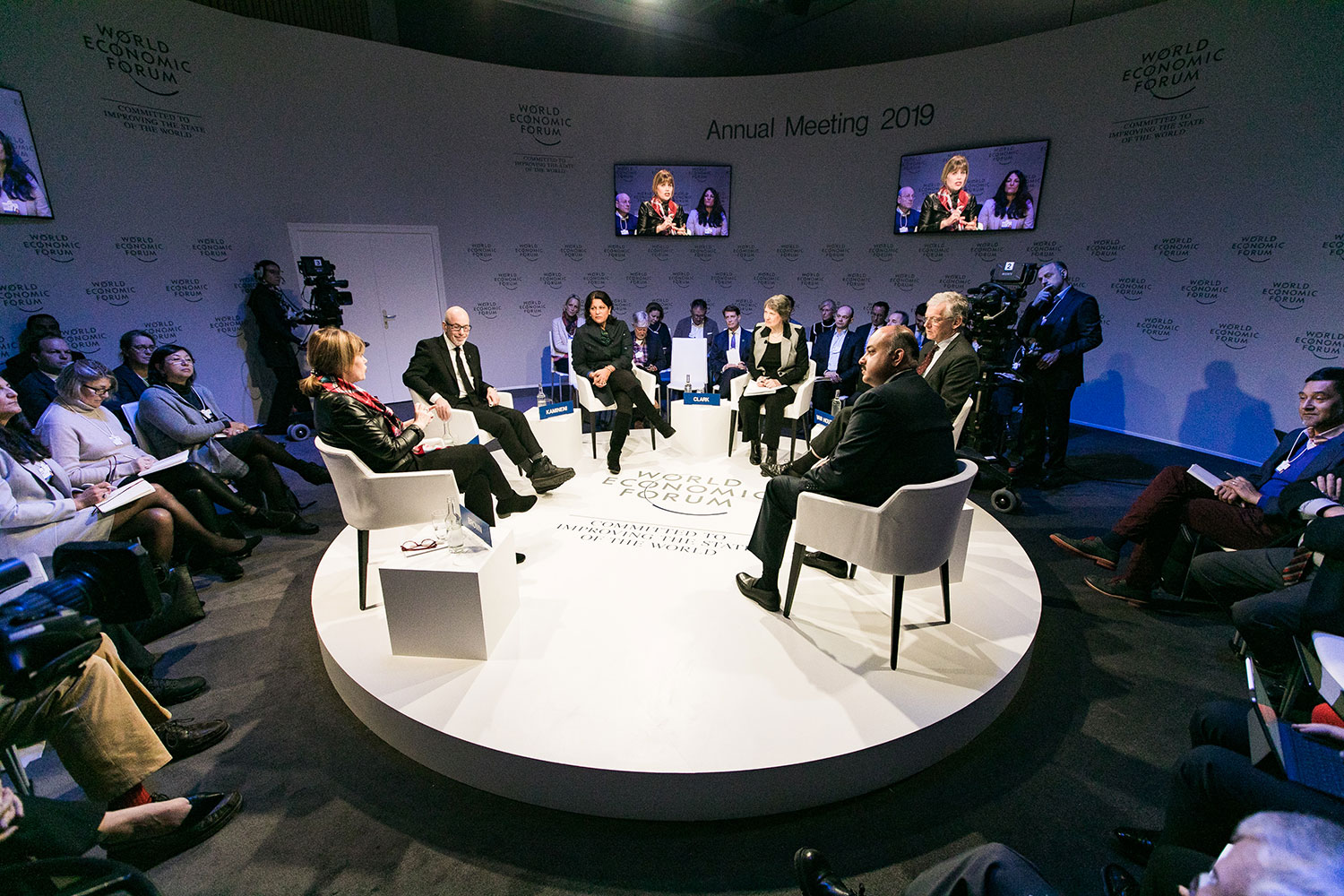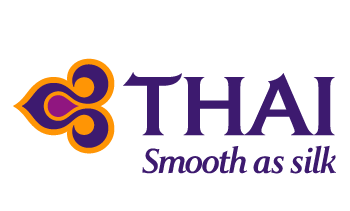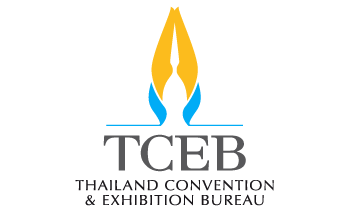
MICE INITIATIVES
Is business travel facing a pandemic-era paradigm shift?
Reset, rethink and embrace a future with hybrid meetings.
This article was originally found on M&C/Asia.
Business and consumer travel companies need to innovate and adapt in order to succeed in the post-pandemic world — this was the clarion call from industry leaders attending the recent Web in Travel (WiT) Experience Singapore 2021 event.
The leading travel technology conference in Asia Pacific took place on 19-20 October as a hybrid event, with a physical space at the Marina Bay Sands’ Expo and Convention Centre that accommodated 250 fully-vaccinated delegates, along with a digital space that granted access to another 1,000 attendees.
“The travel recovery in APAC is coming along fast, more so than the United State. Businesses need to be nimble as we’re seeing that all around the world demand is changing overnight,” said Hermione Joye, Sector Lead, Travel & Vertical Search APAC at Google.
Kei Shibata, CEO of Venture Republic (TRAVEL.jp & Trip101), believes that “there is no better time for creating new products and setting up a new niche" because this is an era where companies will have to “reset a lot of assumptions in the market”.
Hee added: “Corporate businesses should explore new solutions in business travel bookings and management by leveraging technologies, since corporate clients no longer want to rely on making a phone call or sending an email to travel agencies, and they want the process digitised instead.”
When Frederic Lalonde, founder and CEO of Hopper, a mobile booking company, spoke about his plans to move forward, he mentioned that innovation is key in thriving beyond the pandemic. His company used this opportunity to explore new consumer demands based on systematic research and analysis.
“We came out of this with the most robust set of data we could ever ask for. The only good thing about the pandemic is that we have trained our models with a data set that would have taken us decades,” Lalonde said. “We have become a much safer investment with this pandemic.”
In a similar vein, Marina Bay Sands Senior Vice President of Marketing, Maunik Thacker, said: “It’s not business as usual anymore. The world has completely changed. It has turned upside down for everyone... “Similarly for our guests, their mindsets have changed. The way they travel or host and attend events is very different than it was pre-pandemic.”
Thacker believes that if MICE events are able to have a virtual meeting space where physical features and real-life experiences can be virtually replicated, it would be the best of both worlds.
This is a sentiment collectively shared among 59% of WiT’s physical and virtual audiences. Responding to whether “all events should have a virtual component” even after the pandemic has passed, the majority of participants responded that events should still offer a virtual option as it allows for more flexibility and a wider reach.
Other topics discussed at the event include travel recovery, sustainability in the hospitality industry, the reopening of borders, and what the future of MICE events may look like.
Hosted by WiT’s founder Yeoh Siew Hoon, the event spotlighted more than 60 guest speakers, where interactive functions gave virtual delegates the option of navigating to different rooms — whether to tune into conference sessions, message and meet other virtual delegates, learn more about WiT’s social initiatives, view the programme line-up, virtually “hangout” at the Marina Bay Sands’ rooftop in a video conference with others, and more.




